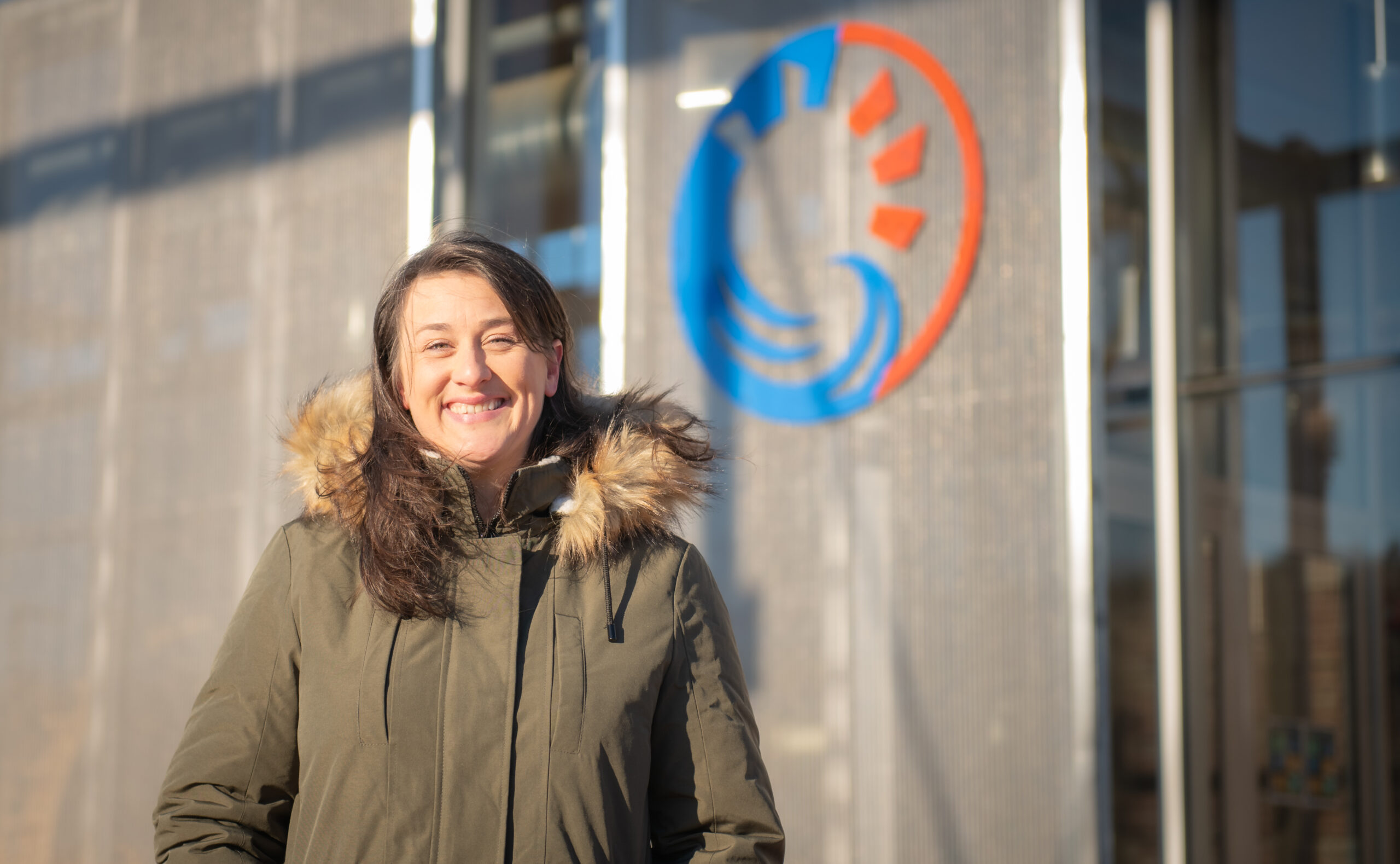Blackstone Watershed Collaborative seeks to reverse decades of river pollution

Fifty years ago, thousands of volunteers descended on the Blackstone River, removing tons of trash from banks of the waterway that stretches from Massachusetts to Rhode Island in what became the largest single-day regional environmental clean-up in American history.
The program, dubbed Zap the Blackstone or Operation Zap, began in 1972, the year the Clean Water Act was passed. It set off an environmental movement in the region.
Today, the water is much cleaner than it used to be, thanks to the reduction of industrial and commercial effluent and improved practices from wastewater treatment plants, but projects like trash cleanup are still necessary along the Blackstone. It’s one of a host of priorities identified by the Blackstone Watershed Collaborative, which was initiated by the Narragansett Bay Estuary Program and is run through the George Perkins Marsh Institute at Clark University. The collaborative was established in the fall and combines the work of more than a hundred organizations that are focusing on achieving 20 action items to improve watershed health over the next five years.
“The overarching goal is to increase climate resilience and improve water quality in the Blackstone River, but there are a lot of other smaller things that we’d like to do to be able to get there. Getting people involved, having them understand the importance of the Blackstone and the natural benefits that it provides is very important,” says Stefanie Covino M.S./ES&P ’15, the collaborative’s program manager and research scientist.
The Collaborative’s ultimate goal is to make the Blackstone fishable and swimmable – a goal held by a partner, the Blackstone River Coalition, for more than a decade. But the health of the river remains impaired by its industrial past. Toxic metals and other pollutants released by mills located along the Blackstone’s 48 miles have built up behind dams over the years, and those obstructions create their own impacts to aquatic connectivity and fish passage.
Covino is spearheading the effort to improve the watershed with a process that relies heavily on education and outreach. Over the next five years, Covino and partners will implement action items identified in the Blackstone River Watershed Needs Assessment Report, created from a two-year outreach effort determining how best to support the existing organizations working in the area. Included among the 20 priority items are developing a plan to increase and diversify funding for watershed improvement efforts, building support for permanent land protection, completing new sections of the Blackstone River Bikeway/Greenway, and ensuring free and equitable access to waterways.
Covino wants to assist communities in achieving their local goals that overlap with the Needs Assessment’s larger scale focus, which will require more funding and greater awareness, whether that’s about reducing flooding through nature-based solutions or recruiting volunteers to participate in the water quality monitoring program in the watershed. She’s energized by the progress that’s already been made.
“I think we are at a wonderful place right now where things are coming together,” she says. “There’s a lot of opportunity and a lot of excitement that I want people to know about so they’ll get involved in their own community.”
Changing municipal regulations to encourage sustainable development will help build resilience to climate change, says Covino. For instance, curtailing sprawling development and the widespread use of impervious surfaces can lessen water runoff in the watershed, creating improved water quality, reduced flooding, and improved public safety.
“If these efforts didn’t improve people’s lives, we wouldn’t be working on them,” she says.
Miranda Hotham ’19, M.S./ES&P ‘21, coordinator of Worcester Green Corps, a public-private partnership out of the Worcester Regional Chamber of Commerce, is also a member of the collaborative.
“Because we’re right at the top of the watershed, we have such a big population around here. I think we could make a really big impact,” says Hotham. “It’s pretty cool that we’re doing something very locally here in Worcester, but you look at the map and the river is connected to so many other people and municipalities. Everybody is pitching in and doing their own thing, but it’s all part of this greater connected solution.”
Covino is urging residents along the Blackstone to learn more about the watershed and participate in local cleanup efforts. To honor the 50th anniversary of Zap the Blackstone, organizers hope to gather thousands of volunteers on Aug. 27 for a large-scale cleanup throughout the Blackstone Valley Watershed and participate in a celebration of the River and its continued improvements on September 10 at the other end of the river in Pawtucket. In the meantime, the Collaborative will be hosting events every third Saturday from March through July throughout the watershed, including hikes, clean-ups, and educational events.


